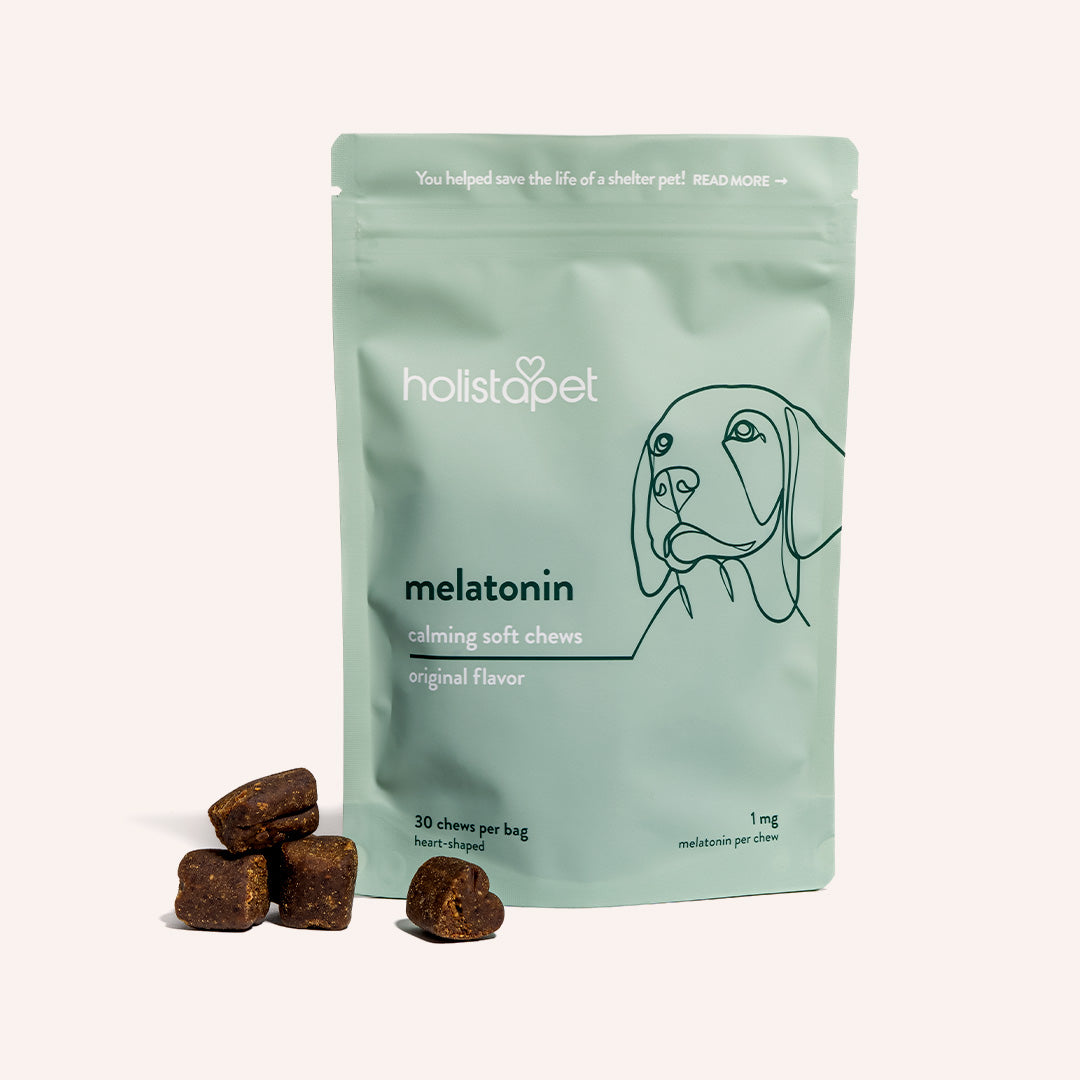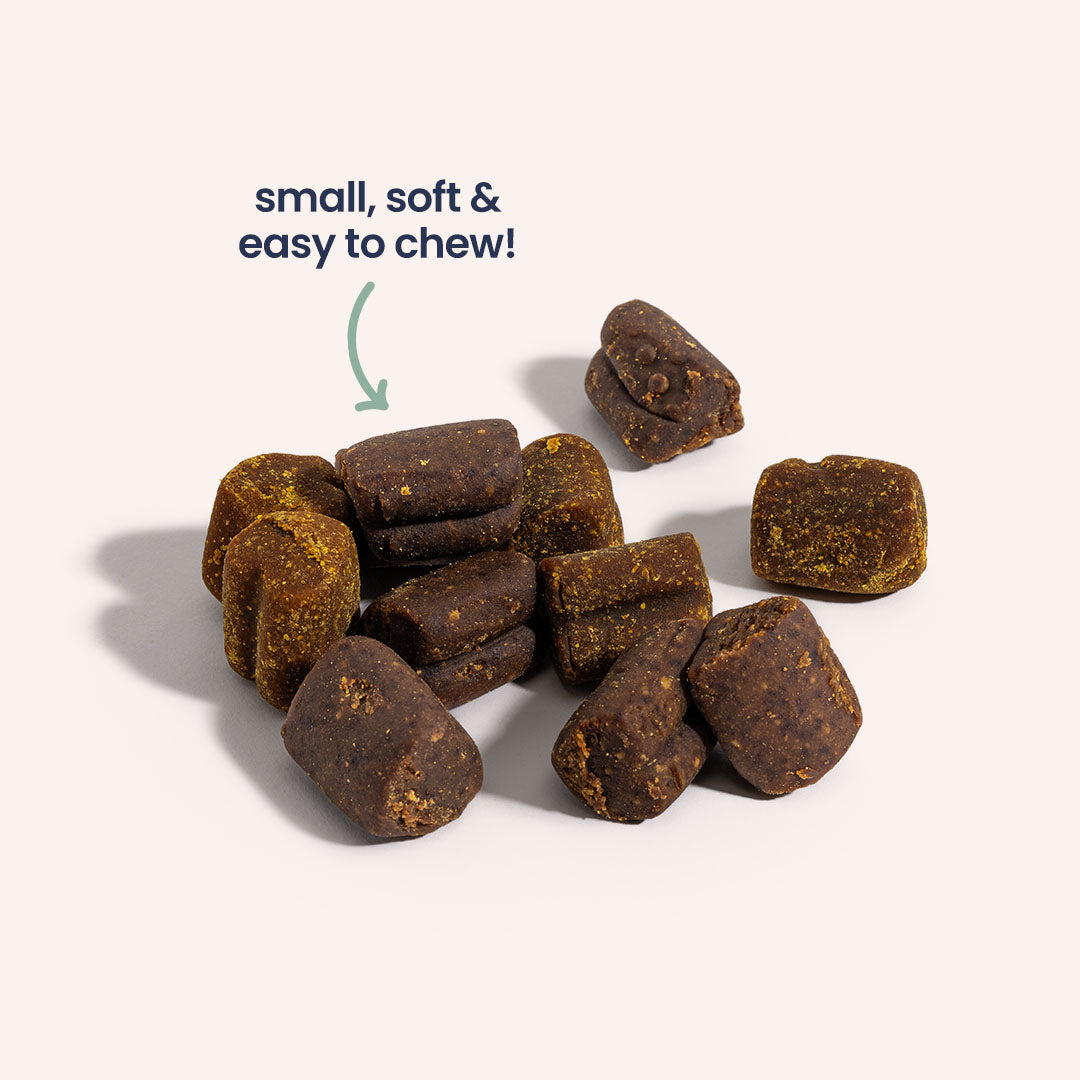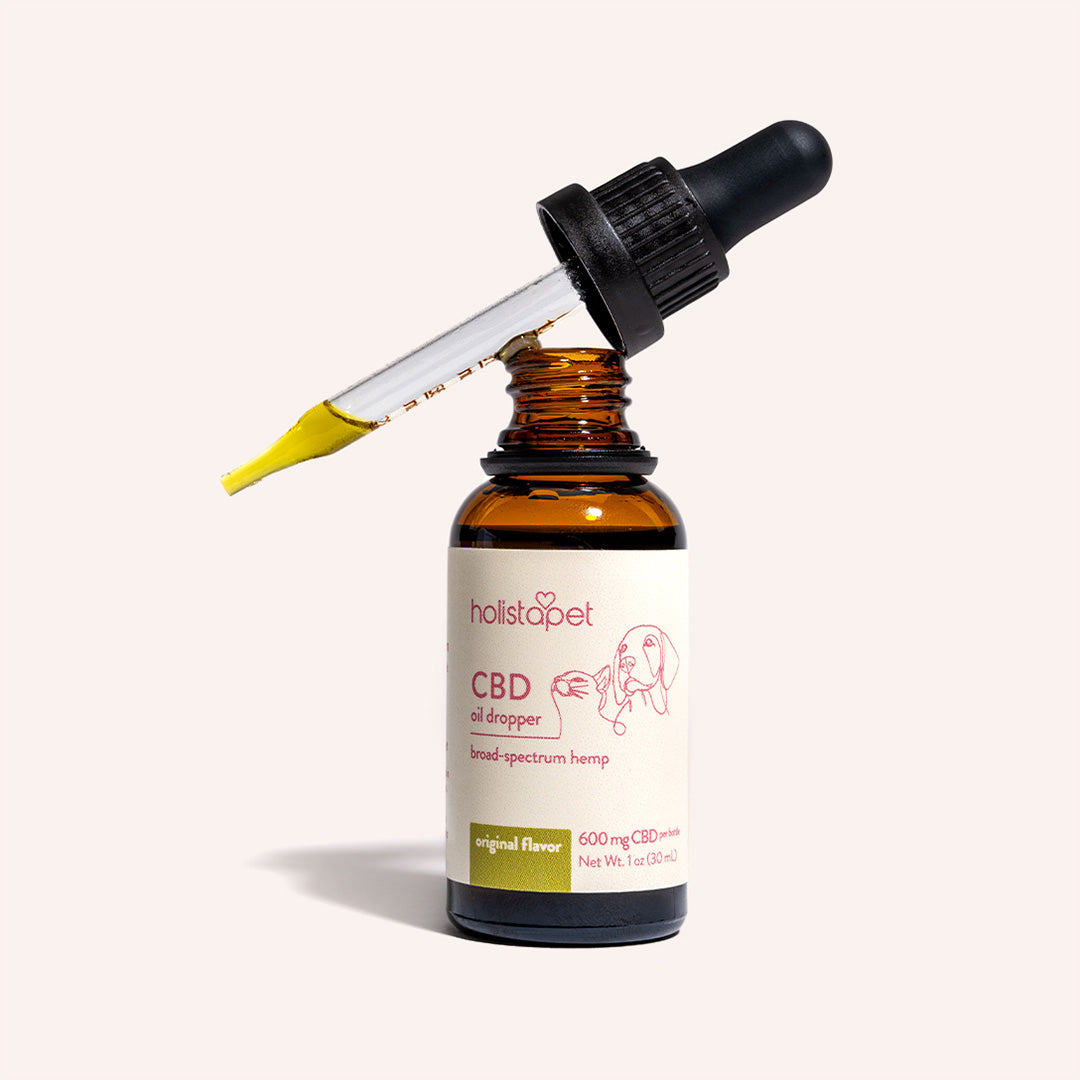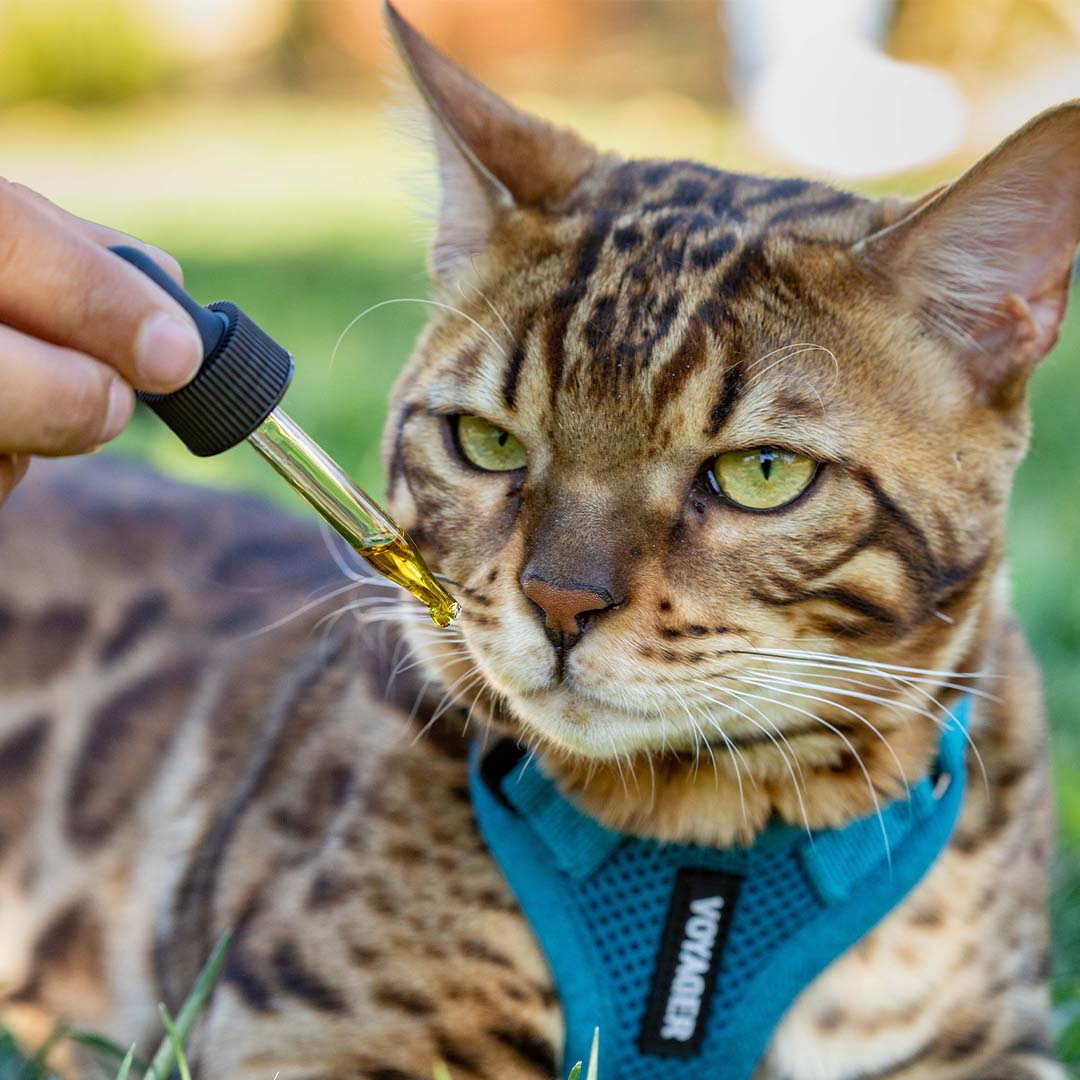We always want what’s best for our cuddly canines. They bring so much love and joy into our lives. So, in return, we should provide them with the best nutrition and diet possible. Incorporating flaxseed into their diet is definitely one way to help accomplish this.
Flaxseed is a powerful dietary supplement for dogs and humans. It contains a whole host of health benefits, including being a rich source of omega fatty acidsand promoting a healthy immune system and healthy life. Flaxseed... surprisinglycomes from theFlax Plant (Linum usitatissimum). Ok, not much of a surprise there, but what you might find surprising is the fact that flaxseed may be one of our oldest crops, with its cultivation dating back towards the beginning of civilization, around 5,000 years ago.
Its versatility helps it to withstand the test of time. No part of the seed form the flax plant goes to waste and people use it in a multitude of products. It can be found in textiles, wood preservers, animal feeds, health supplements, and more. When people use whole seed form flaxseed for industrial purposes like a wood preserver it is "linseed".
However, when it is used for consumption in products such as health supplements it is referred to as "whole or ground flaxseed". Today we are talking flaxseed good for dogs. What's really interesting is the amount of attention flaxseed has received in the last two decades due to its potential health benefits. What's even more astonishing is that dogs can have flaxseed good gain these potential benefits as well!
Needless to say, some healthy supplements for dogs contain flaxseed. The most flaxseed for dogs adds high levels of omega-3 and omega-6 fatty acids. The most significant omega-3 fatty acid in many benefits the flaxseed supplements is alpha-linolenic acid (ALA).

In your dog’s body, the overall metabolic process is ALA metabolizes into eicosapentaenoic acid (EPA) which then metabolizes into docosahexaenoic acid (DHA), but this process is not very efficient. Or, to put it in simpler terms:
ALA → EPA → DHA
While EPA and DHA are very important and beneficial nutrients for fatty acids, when you provide flaxseed, the benefit gained is really from that ALA starting point.
So What’s So Special About Alpha-Linolenic Acid?
The most important benefit of using flax seeds and ALA is its effect on your dog's skin. Dogs with atopic dermatitis, known as eczema in people, show improved skin condition when receiving flaxseed oil supplementation. According to the National Research Council (NRC), providing your dog ALA will help with general health status, cell turnover (the process of replacing old cells with new cells), and cell function (how well cells in the dogs body are working).
What are the Benefits of Flaxseed for Dogs?
In addition to ALA, flaxseed also contains lignansand fiber. These components, however, are only found in the whole whole seed or ground flaxseed, not the oil. The main lignan in flaxseed fiber is issecoisolariciresinol diglucoside(SDG).
Hardworking intestinal bacteria can take the SDG that your dog eats in flaxseed and turn it into other lignans, includingenterodiol(END) andenterolactone(ENL). These enterolignans mimic some effects of estrogen hormones, putting them into a classification known asphytoestrogens. Now, what does all that mumbo-jumbo mean? Secoisolariciresinol diglucosidehas been associated with many positive health effects in people, including improved cardiovascular health and antidiabetic activity.
Thephytoestrogeneffects of lignans may influence the amount of estrogen naturally produced by the body. In people, increased levels of enterolignans have been associated with a decreased incidence of breast cancer. In dogs, lignans are combined with the hormone melatonin as a possible treatment for a condition called atypical hyperadrenocorticism.

Three Primary Benefits of Flaxseed for Dogs
- A healthy coat (omega-3 and omega-6 fatty acids).
- Healthy immune system (lignans).
- Healthy digestion and GI tract (natural fiber).
Additional Benefits
Has your little hound ever experienced digestive issues or constipation? No dog poop may sound like a dog owner's dream but it your dog's health is no joking matter. This is a sign something's wrong in your pup's tummy. Fortunately, flaxseed is also a great source of a soluble fiber too. This makes it a great candidate for supporting digestive health and treating constipation in dogs.
A 2013 study in the Journal of Veterinary Internal Medicine, points out that omega-3 fatty acids found in flaxseed are technically nutraceuticals. This is just a fancy way of saying that they are nutrients that have medicinal purposes. Consequently, flaxseed is most effective when you integrate it into the regular dietary regimen for your dog. Think of it like supercharged nutrition. It will both feed your dog and keep them healthy.
What Types of Flax Products Are There?
Finally, there are a number of different flax products, including:
- Whole processed seeds – These are the form that is the easiest to store, although they are also the most likely to pass through your dog’s gastrointestinal tract (GI tract) without being digested.
- Flaxseed oil – This is the most concentrated form, but you must refrigerate it to prevent spoilage.
- Processed flax meal – This is a form in which the flaxseed is ground and is an excellent source of fiber, though it must also be refrigerated to avoid spoilage.
-
Raw unprocessed flaxseed or flax meal - This form is the most likely to cause toxicity or poisoning in dogs.

- Flax plant – This is the form that you will find growing outdoors before any of the flaxseed is harvested. It can cause dermatitis as well as skin irritation and causes negative effects if ingested in large amounts.
Each of these different flax products can affect your dog quite differently. Therefore, using products from a trusted company with extensive quality control is essential.
Is Flaxseed Safe for Dogs?
Flaxseed is very safe for dogs if used properly and within recommended dosage amounts. However, just like everything you put in your dog’s body, there is the possibility of giving your dog too much and creating a situation where they overdose. While rare, the most common symptoms of flax poisoning include:
- Diarrhea
- Vomiting
- Shortness of breath
- Weakness/extreme fatigue
- Difficulty walking
- Tachycardia(rapid heart rate)
- Paralysis
There are also a number of factors that may increase the risk of poisoning, including:
- The owner giving their dog too much of a flax supplement (be sure to follow the directions very carefully).
- The dog chewing open a bottle or bag of capsules, treats, or oil.
- A supplement that has been improperly processed.
- Ingestion of raw or unprocessed flax seed.
- Ingesting flax plants that may be growing in the garden or yard. This is because raw flax plants have cyanogenic glycosides, which may lead tocyanide poisoning when ingested in large quantities.
It is normal for your dog to have loose stools when they start on a flaxseed supplement (likely due to the high fiber content). However, if the symptoms are severe or if they appear to be seriously sick, it is imperative that you contact a veterinarian immediately and follow their directions.

How Much Can I Give My Dog?
There are several ways to administer flaxseed to your dog's diet, based on its weight. Let’s define our units of volume as:
- 1 teaspoon = 5 milliliters
- 1 tablespoon = 15 milliliters
- ¼ cup = 59 milliliters
You may add ground flaxseed to their food in the following amounts:
- Under 20 pounds – 2 teaspoons daily
- 20 to 40 pounds – 2.5 teaspoons daily
- 40 to 60 pounds – 1 tablespoon daily
- 60 to 80 pounds – 1.5 tablespoons daily
- 80 to 100 pounds – 2.5 tablespoons daily
- Over 100 pounds – ¼ cup daily
You may also use flaxseed oil in the following amounts:
- Under 20 pounds – ¼ to 1 teaspoon daily
- 20 to 40 pounds – ½ to 2 teaspoons daily
- 40 to 60 pounds – ¾ to 3 teaspoons daily
- 60 to 80 pounds – 1 to 4 teaspoons daily
- 80 to 100 pounds – 1 & ¼ to 5 teaspoons daily
- Over 100 pounds – 1 & ½ teaspoons to 6 teaspoons daily
Remember that the form of the flaxseed influences how it will metabolize within your dog's body, hence the different dosages for ground flaxseed or oil.
How to Use Flaxseed for Dogs
As discussed above, you can:
- Add ground flax seeds to food, including plain yogurt or peanut butter (always make sure dogs are well hydrated if you are giving them flaxseed).
- Drizzle flaxseed oil over their dry or canned dog food.
On the other hand, you could also use a supplement or product that already has the flaxseed added in safe and therapeutic amounts. Look for CBD dog treats with flaxseed along with other beneficial additives. For example, HolistaPet Heart & Immune Care dog treats are specially formulated to optimize your dog's cardiovascular health and immune function by including the following active ingredients:
- Blueberries – These are rich in powerful antioxidants like polyphenols.
- Flaxseed – healthy coat, skin, immune system, and GI tract.
- Hemp seed powder – much like the flaxseed, this is rich in omega fatty acids as well as nutritious protein.
- Cannabidiol(CBD oil) – this is a cannabis extract that interacts with the endocannabinoid system (ECS). The ECS helps modulate pain, inflammation, nausea, stress, and other responses.
Furthermore, All HolistaPet dog treats are:
- Organic
- Vegan
- Non-GMO
- Gluten and dairy-free
Click here to learn more about your dog's nutrition.
Final Thoughts - Why Flaxseed Is Extremely Important For Dogs
Our furry companions bring immense joy into our lives, and it’s only natural that we want to give them the best care possible. Ensuring they have a nutritious diet is a key part of that care, and incorporating flaxseed can be an excellent choice. Flaxseed is a potent supplement rich in omega fatty acids, fiber, and lignans, which all contribute to a healthy coat, immune system, and digestion.
By adding this ancient yet versatile seed to your dog’s diet, you’re providing them with the benefits of a supercharged nutritional boost. Just remember to administer it in the right form and dosage to avoid any potential health risks, and consult your vet if you have any concerns. In doing so, you’re helping to ensure your dog’s long, healthy, and happy life.
Just remember to keep them out of reach of your puppy so that they don’t grab the bag and eat the dog's diet. supplements the dog's diet whole thing! Find out more about Holistapet here.








![Probiotics For Dogs [Soft Chews]](http://www.holistapet.com/cdn/shop/files/Probiotic-Infographic-1_472d7a29-e30c-435a-9638-1365d8c3a9f9.jpg?v=1725384841&width=104)















![Why Flaxseed Is Extremely Important For Dogs [Detailed Nutrition Guide]](http://www.holistapet.com/cdn/shop/articles/363.jpg?v=1715359463&width=1500)


![CBD Gummies for Dogs [The Perfect Treat For Your Pup!]](http://www.holistapet.com/cdn/shop/articles/348.jpg?v=1715352021&width=500)












Leave a comment
This site is protected by hCaptcha and the hCaptcha Privacy Policy and Terms of Service apply.